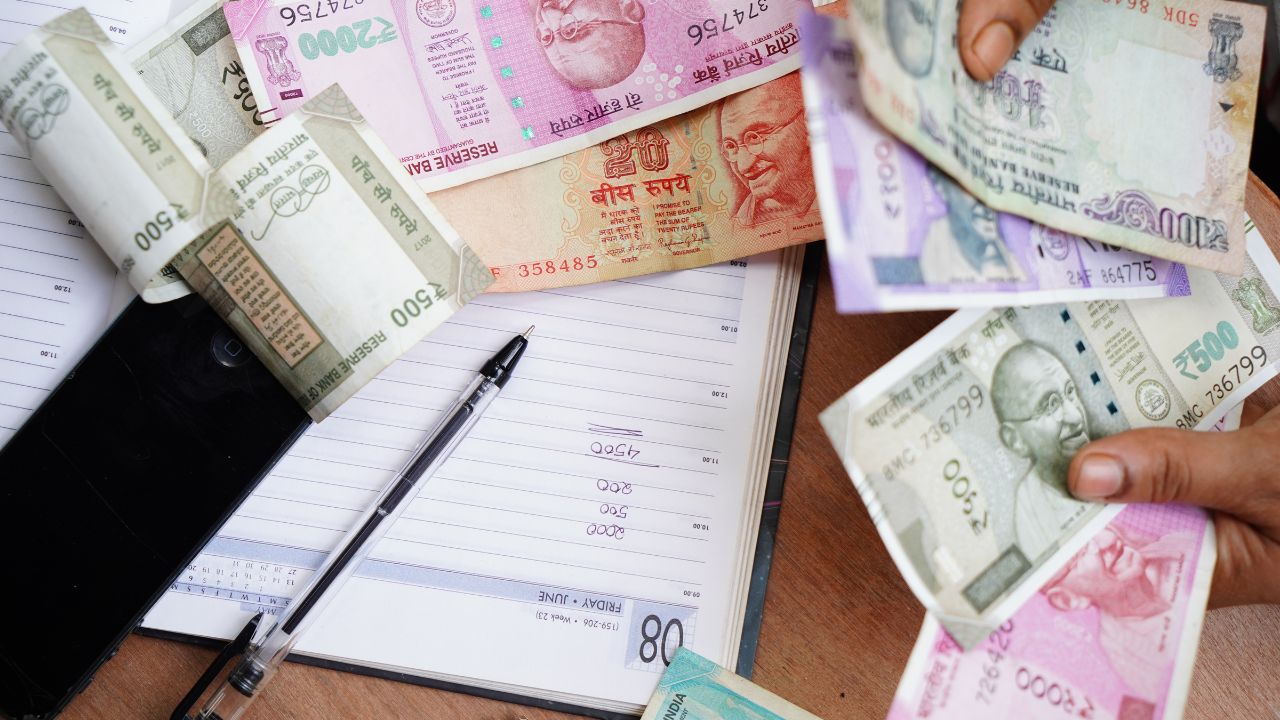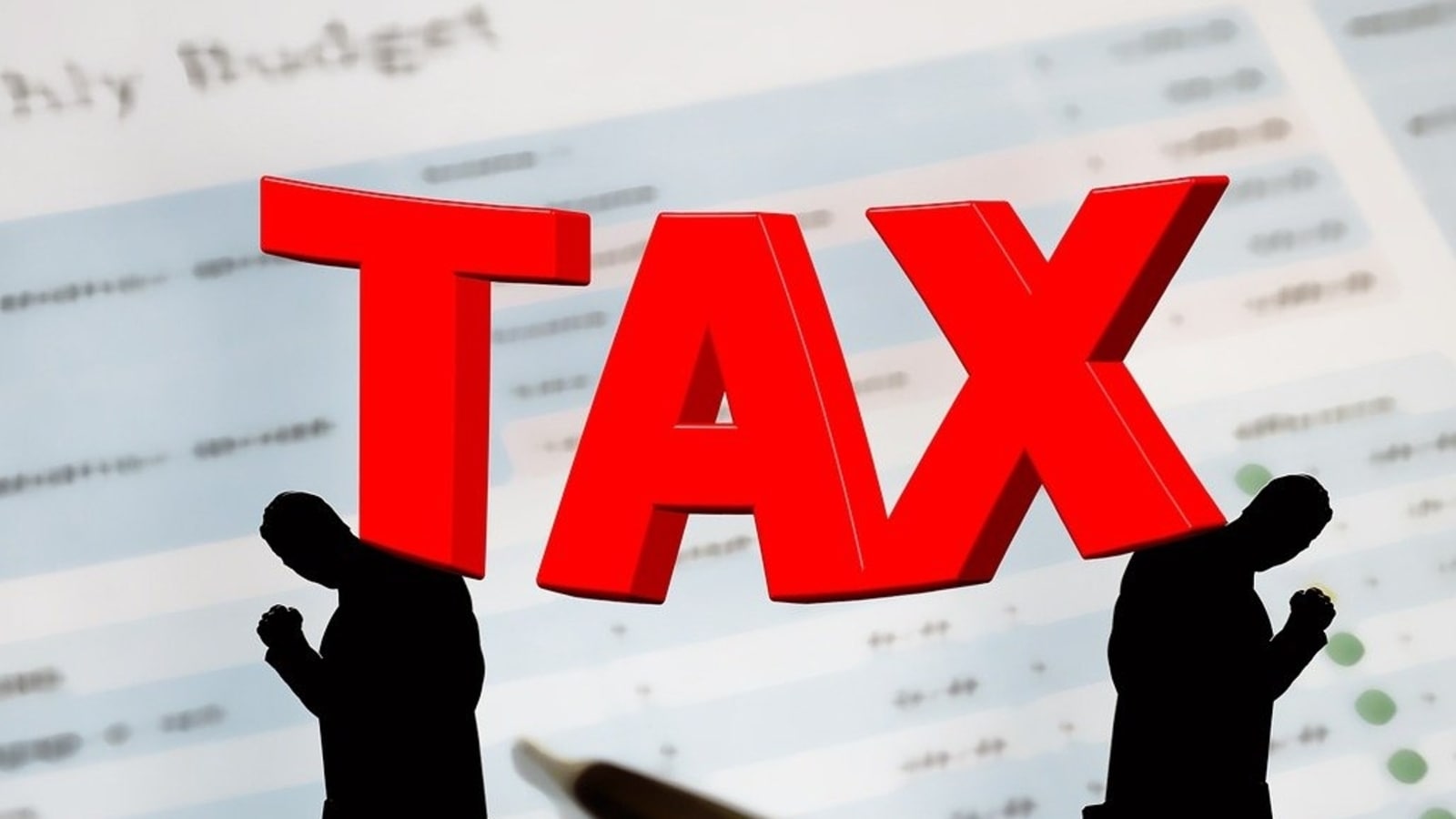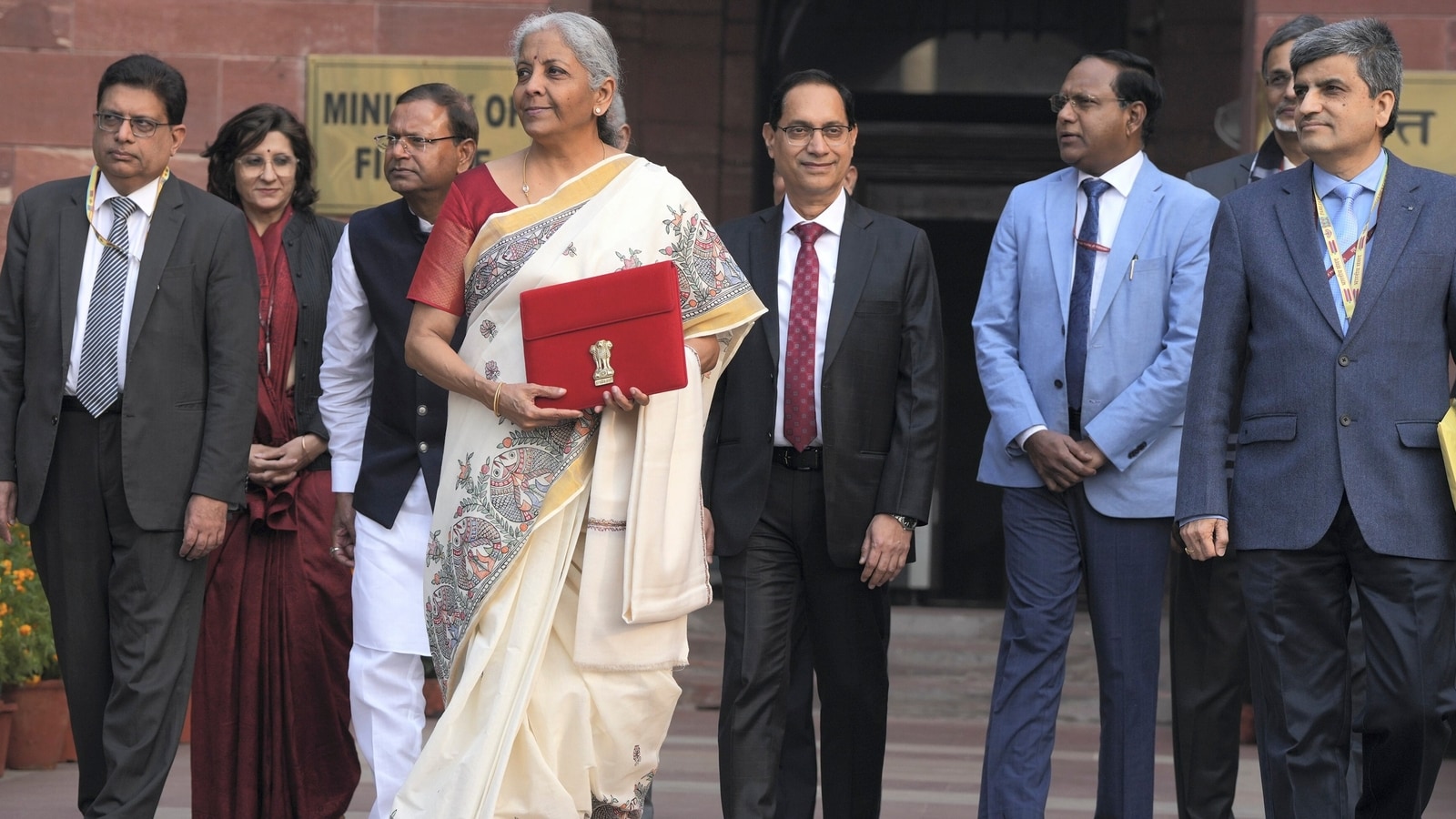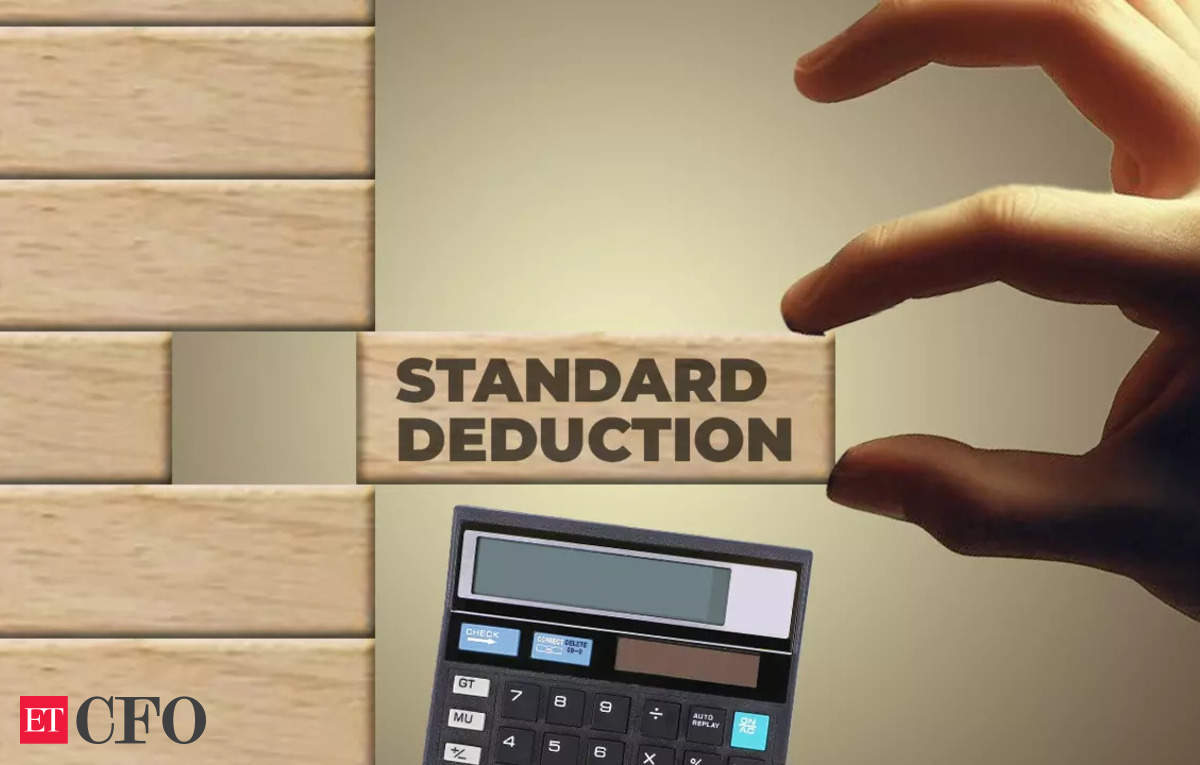The Income Tax Act of 1961, a comprehensive statute governing taxation in India, includes provisions aimed at regulating cash transactions to enhance transparency, curb black money, and promote digital transactions. These provisions are designed to discourage large cash transactions, encourage the use of electronic payment methods, and ensure accurate reporting of financial transactions.
This article provides an overview of key provisions under the Income Tax Act that relate to cash transactions, along with illustrative examples to help understand their practical implications.
Here are some key points regarding cash transaction limits under the Income Tax Act:
Section 269ST – Cash Receipts:
Section 269ST of the Income Tax Act prohibits any person from receiving an amount of Rs. 2 lakhs or more in aggregate in a day in respect of a single transaction or in respect of transactions relating to one event or occasion from a person.
This means that cash receipts of Rs. 2 lakhs or more are not allowed for a single transaction or a series of transactions on the same day. This provision aims to promote digital payments and curb large cash transactions.
Read the Law:
Mode of undertaking transactions.
269ST. No person shall receive an amount of two lakh rupees or more—
(a) in aggregate from a person in a day; or
(b) in respect of a single transaction; or
(c) in respect of transactions relating to one event or occasion from a person,
otherwise than by an account payee cheque or an account payee bank draft or use of electronic clearing system through a bank account or through such other electronic mode as may be prescribed:
Provided that the provisions of this section shall not apply to—
(i) any receipt by—
(a) Government;
(b) any banking company, post office savings bank or co-operative bank;
(ii) transactions of the nature referred to in section 269SS;
(iii) such other persons or class of persons or receipts, which the Central Government may, by notification in the Official Gazette, specify.
Explanation.—For the purposes of this section,—
(a) “banking company” shall have the same meaning as assigned to it in clause (i) of the Explanation to section 269SS;
(b) “co-operative bank” shall have the same meaning as assigned to it in clause (ii) of the Explanation to section 269SS.
Example: Suppose Mr. A sells a piece of artwork to Mr. B for Rs. 2.5 lakhs in cash. This cash transaction would be in violation of Section 269ST, as the cash received in a single transaction exceeds Rs. 2 lakhs.
Section 271DA – Penalty for Contravention:
If a person receives a sum in contravention of the provisions of Section 269ST, a penalty equal to the amount of such receipt may be imposed on them under Section 271DA of the Income Tax Act. The penalty is levied by the Joint Commissioner.
Read the Law:
Penalty for failure to comply with provisions of section 269ST.
271DA. (1) If a person receives any sum in contravention of the provisions of section 269ST, he shall be liable to pay, by way of penalty, a sum equal to the amount of such receipt:
Provided that no penalty shall be imposable if such person proves that there were good and sufficient reasons for the contravention.
(2) Any penalty imposable under sub-section (1) shall be imposed by the Joint Commissioner.
Example: Continuing from the previous example, if Mr. A receives Rs. 2.5 lakhs in cash from Mr. B for the artwork, and this transaction is reported to the tax authorities, Mr. A might be liable to pay a penalty of Rs. 2.5 lakhs under Section 271DA for violating Section 269ST.
Section 40A(3) – Business Expenses:
Under Section 40A(3) of the Income Tax Act, if a payment exceeding Rs. 10,000 is made in cash in a single day in respect of expenses related to business, the expenditure is not allowed as a deduction.
This provision encourages businesses to make payments through banking channels and maintain proper records.
Read the Law:
40A (3) Where the assessee incurs any expenditure in respect of which a payment or aggregate of payments made to a person in a day, otherwise than by an account payee cheque drawn on a bank or account payee bank draft, or use of electronic clearing system through a bank account or through such other electronic mode as may be prescribed exceeds ten thousand rupees, no deduction shall be allowed in respect of such expenditure.
Example: Let’s say ABC Enterprises pays Rs. 12,000 in cash to a supplier for raw materials. Since the payment exceeds Rs. 10,000, ABC Enterprises cannot claim this expense as a deduction for income tax purposes under Section 40A(3).
Other Important Transactions are:
Donations – Section 80G:
Mandates cash donations exceeding Rs. 2,000 to be made through digital modes to claim tax benefits
Section 269SS: Prohibition on Acceptance of Loans, Deposits, and Advances in Cash
- Provision: Section 269SS prohibits any person from taking or accepting any loan, deposit, or sum of money from another person in cash if the amount exceeds Rs. 20,000. The provision applies to individuals, HUFs (Hindu Undivided Families), firms, companies, and other entities.
- Implication: If a loan, deposit, or advance exceeding Rs. 20,000 is received in cash, the recipient may face penalties under Section 271D of the Income Tax Act, which can be equivalent to the amount of the cash received.
Read the Law
Mode of taking or accepting certain loans, deposits and specified sum.
269SS. No person shall take or accept from any other person (herein referred to as the depositor), any loan or deposit or any specified sum, otherwise than by an account payee cheque or account payee bank draft or use of electronic clearing system through a bank account or through such other electronic mode as may be prescribed14, if,—
(a) the amount of such loan or deposit or specified sum or the aggregate amount of such loan, deposit and specified sum; or
(b) on the date of taking or accepting such loan or deposit or specified sum, any loan or deposit or specified sum taken or accepted earlier by such person from the depositor is remaining unpaid (whether repayment has fallen due or not), the amount or the aggregate amount remaining unpaid; or
(c) the amount or the aggregate amount referred to in clause (a) together with the amount or the aggregate amount referred to in clause (b),
is twenty thousand rupees or more:
Provided that the provisions of this section shall not apply to any loan or deposit or specified sum taken or accepted from, or any loan or deposit or specified sum taken or accepted by,—
(a) the Government;
(b) any banking company, post office savings bank or co-operative bank;
(c) any corporation established by a Central, State or Provincial Act;
(d) any Government company as defined in clause (45)of section 2 of the Companies Act, 2013 (18 of 2013);
(e) such other institution, association or body or class of institutions, associations or bodies which the Central Government may, for reasons to be recorded in writing, notify in this behalf in the Official Gazette:
Provided further that the provisions of this section shall not apply to any loan or deposit or specified sum, where the person from whom the loan or deposit or specified sum is taken or accepted and the person by whom the loan or deposit or specified sum is taken or accepted, are both having agricultural income and neither of them has any income chargeable to tax under this Act:
15[Provided also that the provisions of this section shall have effect, as if for the words “twenty thousand rupees”, the words “two lakh rupees” had been substituted in the case of any deposit or loan where,––
(a) such deposit is accepted by a primary agricultural credit society or a primary co-operative agricultural and rural development bank from its member; or
(b) such loan is taken from a primary agricultural credit society or a primary co-operative agricultural and rural development bank by its member.]
Explanation.—For the purposes of this section,—
(i) “banking company” means a company to which the provisions of the Banking Regulation Act, 1949 (10 of 1949) applies and includes any bank or banking institution referred to in section 51 of that Act;
16[(ii) “co-operative bank”, “primary agricultural credit society” and “primary co-operative agricultural and rural development bank” shall have the meanings respectively assigned to them in the Explanation to sub-section (4) of section 80P;]
(iii) “loan or deposit” means loan or deposit of money;
(iv)”specified sum” means any sum of money receivable, whether as advance or otherwise, in relation to transfer of an immovable property, whether or not the transfer takes place.
Section 269T: Prohibition on Repayment of Loans, Deposits, and Advances in Cash
- Provision: Section 269T restricts any person from repaying a loan, deposit, or advance of Rs. 20,000 or more in cash. Similar to Section 269SS, this provision applies to various entities, including individuals, HUFs, firms, companies, etc.
- Implication: If repayment exceeding Rs. 20,000 is made in cash, the person making the payment could be subject to penalties under Section 271E of the Income Tax Act, which may be equal to the amount of cash repaid.
Example:
Suppose Mr. X lends Rs. 30,000 to his friend Mr. Y. According to Section 269SS, Mr. Y cannot repay this loan in cash if it exceeds Rs. 20,000. If Mr. Y repays the loan in cash, he may face penalties under Section 271E. Similarly, if Mr. Y repaid the loan to Mr. X in cash, he could face penalties under Section 271D.
Read the Law
Mode of repayment of certain loans or deposits.
269T. No branch of a banking company or a co-operative bank and no other company or co-operative society and no firm or other person shall repay any loan or deposit made with it or any specified advance received by it otherwise than by an account payee cheque or account payee bank draft drawn in the name of the person who has made the loan or deposit or paid the specified advance, or by use of electronic clearing system through a bank account or through such other electronic mode as may be prescribed19 if—
(a) the amount of the loan or deposit or specified advance together with the interest, if any, payable thereon, or
(b) the aggregate amount of the loans or deposits held by such person with the branch of the banking company or co-operative bank or, as the case may be, the other company or co-operative society or the firm, or other person either in his own name or jointly with any other person on the date of such repayment together with the interest, if any, payable on such loans or deposits, or
(c) the aggregate amount of the specified advances received by such person either in his own name or jointly with any other person on the date of such repayment together with the interest, if any, payable on such specified advances,
is twenty thousand rupees or more:
Provided that where the repayment is by a branch of a banking company or co-operative bank, such repayment may also be made by crediting the amount of such loan or deposit to the savings bank account or the current account (if any) with such branch of the person to whom such loan or deposit has to be repaid :
Provided further that nothing contained in this section shall apply to repayment of any loan or deposit or specified advance taken or accepted from—
(i) Government;
(ii) any banking company, post office savings bank or co-operative bank;
(iii) any corporation established by a Central, State or Provincial Act;
(iv) any Government company20 as defined in section 617 of the Companies Act, 1956 (1 of 1956);
(v) such other institution, association or body or class of institutions, associations or bodies which the Central Government may, for reasons to be recorded in writing, notify in this behalf in the Official Gazette:
21[Provided also that the provisions of this section shall have effect, as if for the words “twenty thousand rupees”, the words “two lakh rupees” had been substituted in the case of any deposit or loan where,––
(a) such deposit is paid by a primary agricultural credit society or a primary co-operative agricultural and rural development bank to its member; or
(b) such loan is repaid to a primary agricultural credit society or a primary co-operative agricultural and rural development bank by its member.]
Explanation.—For the purposes of this section,—
(i) “banking company” shall have the meaning assigned to it in clause (i) of the Explanation to section 269SS;
22[(ii) “co-operative bank”, “primary agricultural credit society” and “primary co-operative agricultural and rural development bank” shall have the meanings respectively assigned to them in Explanation to sub-section (4) of section 80P;]
(iii) “loan or deposit” means any loan or deposit of money which is repayable after notice or repayable after a period and, in the case of a person other than a company, includes loan or deposit of any nature;
(iv)”specified advance” means any sum of money in the nature of advance, by whatever name called, in relation to transfer of an immovable property, whether or not the transfer takes place.
In conclusion, the provisions related to cash transactions limits under the Income Tax Act play a crucial role in promoting transparency, discouraging tax evasion, and encouraging the adoption of digital payment methods. These provisions, including Sections 269SS, 269T, and 80D, reflect the government’s efforts to ensure proper documentation of financial transactions, enhance accountability, and create a fair tax environment.












Thanks for the excellent article. Can you also clarify the limits of casr deposit and withdrawal from banks as per RBI in a day, month or FY
ok